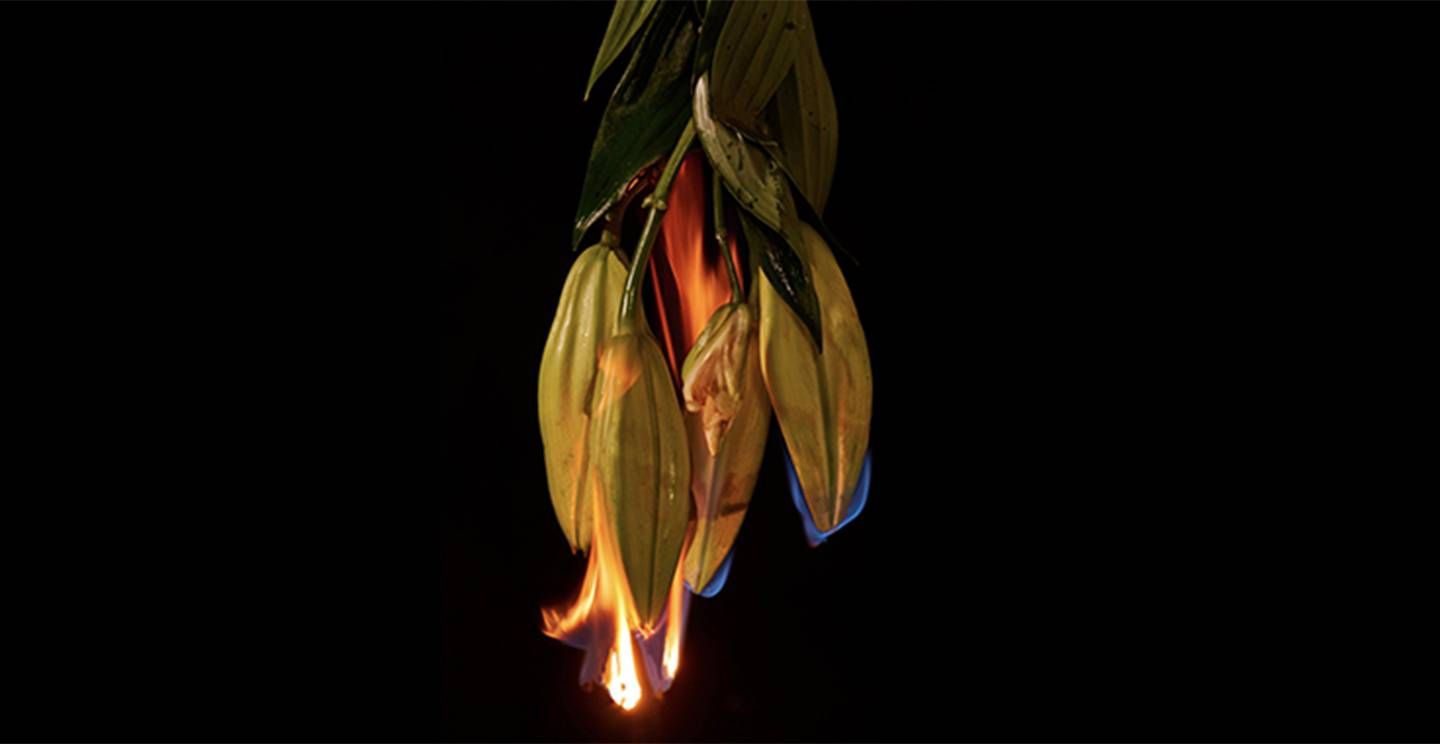Tropical rainforests, the planet’s green lungs, are running out of breath. The planet is running out of time. How can something so poetic, rare and essential be so easily despised by humanity? How are the world’s richest and most diverse biological reserves, home to countless species and life forms, slowly but surely becoming a thing of the past?
“In the last fifty years, Brazil’s Amazon has lost nearly a fifth of its forest cover – more than 275,000 square miles,” the Council on Foreign Relations (CFR), an American think tank specialising in US foreign policy and international relations, wrote on their webpage. This includes at least 2,300 square miles lost in 2019.

Photo by Julia Manga and Lorenza Gonzalez Brazil, home to more tropical forests than any other country, reduced forest clearance by 80% between 2005 and 2012. Still, by 2019 the annual deforestation rate in Brazilian Amazonia had increased by 122% since the low point in 2012 (Brazil, INPE Instituto Nacional de Pesquisas Espaciais 2020).
Brazil’s National Institute for Space Research (INPE) estimated that the country oversaw the destruction of 13,235 square kilometres (5,110 square miles) of forest between August 2020 and July 2021 - an area 17 times the size of New York City and the largest lost to deforestation in the Brazilian Amazon since 2006.
Amazonia’s destruction is a threat on many levels: it is a health hazard for those living near the forest, who are forced to breathe in the toxic smoke from both deforestation and understory fires; it is a threat to the global climate balance, which depends on the forest’s carbon absorption; and it is a threat to the lives of indigenous peoples, who see their land invaded by land grabbers and often met with violence.
“I am on the side of life; I am on the side of the Amazon” – American actor Mark Ruffalo
But why is the largest rainforest on Earth being destroyed? Mainly for cattle ranching and production. Reducing meat consumption is one of the sustainable ways to help the Amazon. Several celebrity activists are fighting to protect and support the Amazon, including Brazilian model Gisele Bündchen and actors Leonardo DiCaprio and Mark Ruffalo.
In 2020, DiCaprio used his social media accounts to support political campaigns opposing the Brazilian government’s actions on the Amazon, even getting Ruffalo’s support, who commented online, “I am on the side of life; I am on the side of the Amazon.”
“The forest plays a key role in balancing the Earth’s climate and consequently in our lives,” the supermodel wrote on Instagram. “We cannot close our eyes to what is happening in the Amazon. The increased burnings have been destroying in days, what nature takes years, centuries to build.”
Deforestation of the Amazon rainforest in Brazil is slowly gaining international attention. Two years ago, Greenpeace Netherlands revived one of Europe’s most photographed tourist attractions, the giant “I Amsterdam” letters that used to stand in front of the world-famous Rijksmuseum in the Dutch capital but were somewhat different this time. The letters read “I Amazonia”, a compelling tribute and, at the same time, a different way of raising awareness, especially from the other side of the world.
By destroying the rainforest, we are destroying ourselves: our future children, our future generations, and the planet’s primary source of oxygen. The Amazon rainforest is disappearing, razed to the ground: years of green growth, purity and nature to die in the blink of an eye.
Julia Manga
First-year student in the Fashion Styling & Creative Direction programme, Paris

